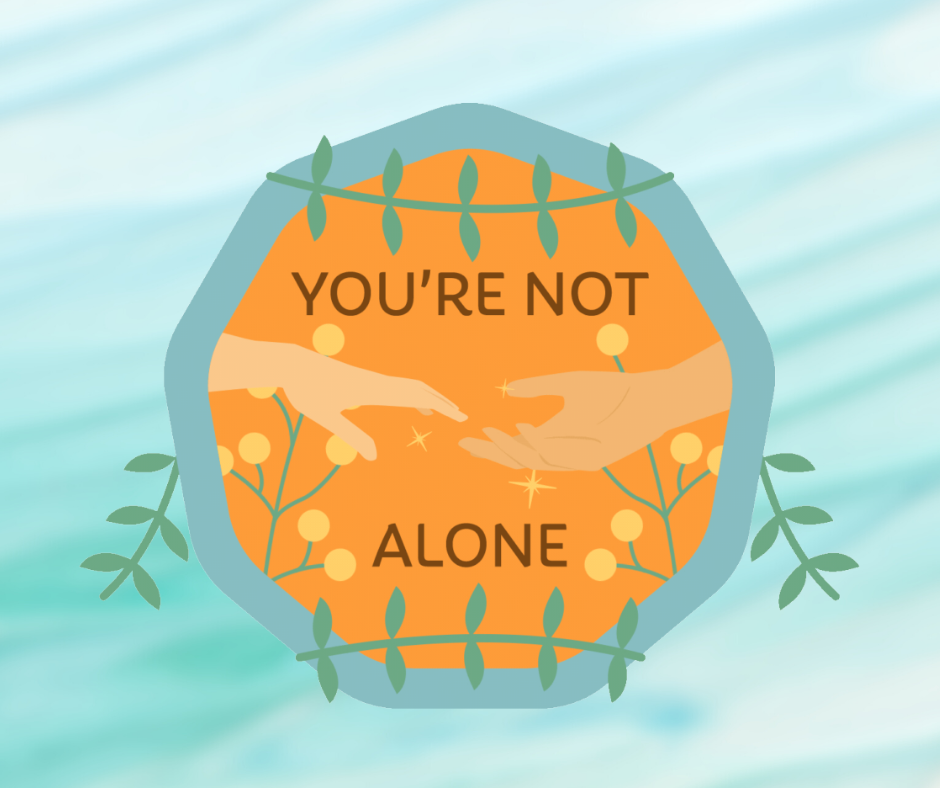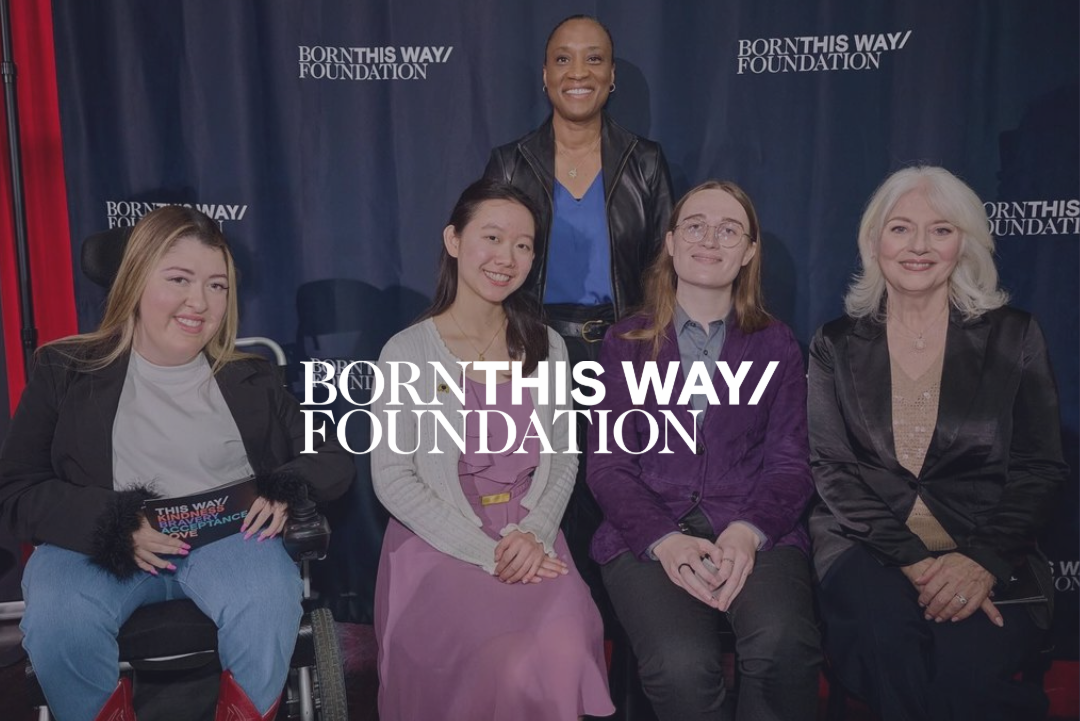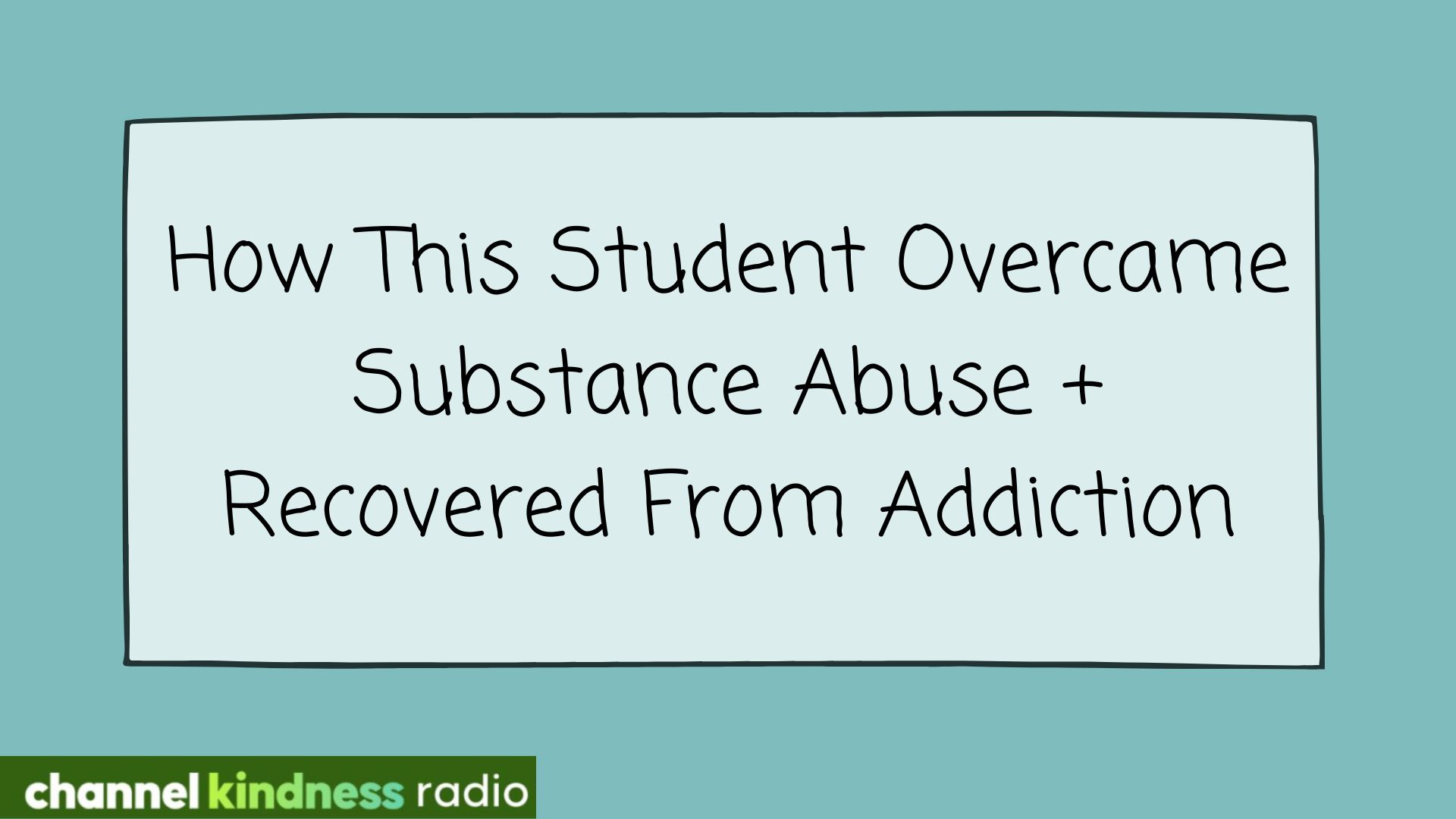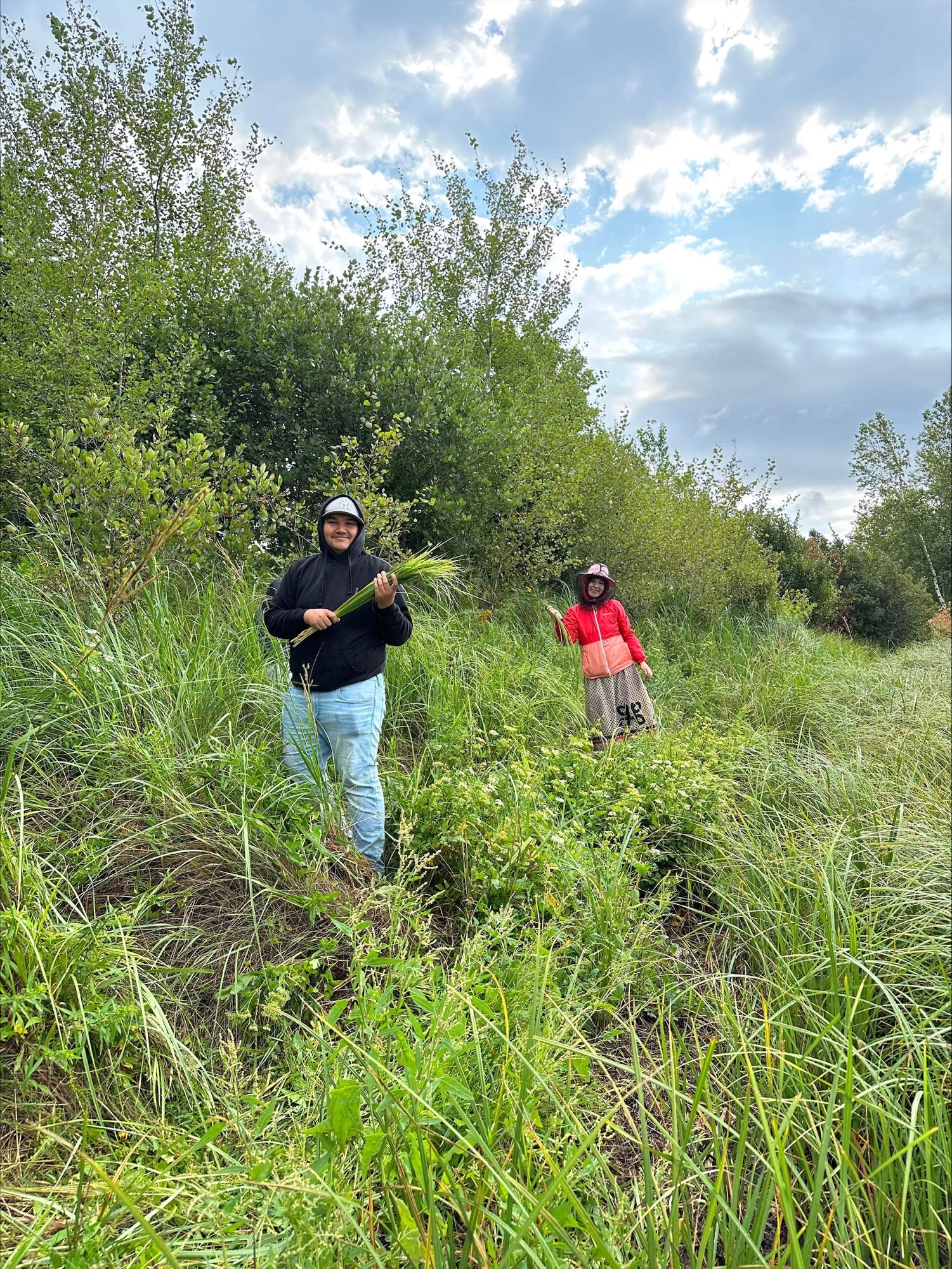Trigger Warning: The following story deals with themes of suicide. If you or someone you know is thinking about harming yourself or attempting suicide, tell someone who can help right away or connect to a trained crisis counselor at Crisis Text Line by texting HOME to 741741.
It was raining when I got the call.
One of friends had died of suicide. As a college student, I hadn’t experienced much of death, and the death I had experienced with two grandparents – who were aged above 90 – felt expected. In comparison, my friend’s death felt so abrupt, so quick, so unexpected that I didn’t quite know how to handle the news, only that I knew she was entirely too young to pass away so soon.
At her funeral, friends exchanged stories of her humor and kindness, and memories they kept in their hearts floated around the room. Why did such a bright light in everyone’s life die by suicide? What was going on in her life? Why didn’t she talk to anyone and why hadn’t anyone caught that she was struggling? It was hard for me to wrap my head around when days prior we were giggling and dancing to music and crafting in our apartment dorm.
In my grief, sadness, and guilt, I came to the following three conclusions that I hope you take to heart, too:
1. Just because people look OK doesn’t mean they are.
Check in on your loved ones. Just because someone is laughing and upbeat doesn’t mean they’re holding it all together on the inside. Everyone has something going on in their lives and some of us are just much more private about it than others. That’s why we have to give people the opportunity to share how they feel and we can only give them that opportunity by asking them and ensuring that we create a safe space for them to open up honestly about their emotions.
One way you can do this is, instead of asking someone “How are you?” in which society has prompted us to respond “Good!” you can instead ask them, “What are you feeling?” which will give them the space to share their feelings and expand if they want to,
2. Remind people they’re loved.
Every day. Every moment of every day. Call your mom. Call your dad. Call your siblings. Call your friends. Send texts. Send a lot. Send plenty. You can never have enough love.
I’ll never know why my friend died by suicide, but I do take comfort in the fact that she knew I loved her. I knew this because I made sure to tell her.
3. Learn the warning signs and how to talk about mental health.
Foster an environment that invites someone to talk to you about their mental health. You can do this by learning the warning signs and destigmatizing mental health by actively talking about it. When you talk about mental health, you automatically give someone else permission to do the same. You can visit Be There Certificate to learn more about how you can talk to your friends and family about mental health.















